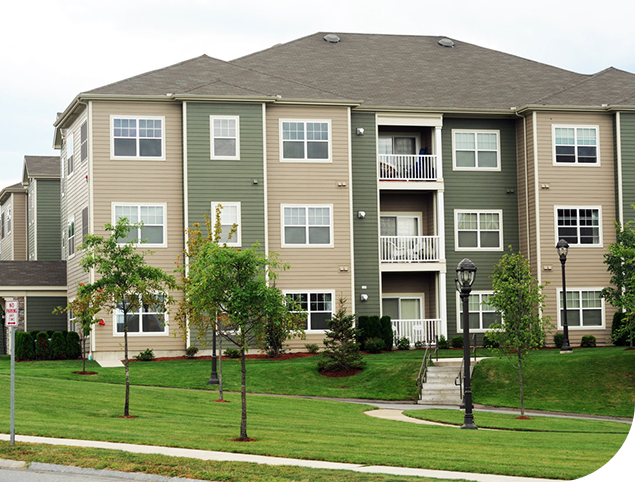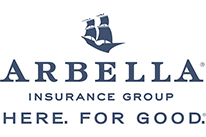In contrast to homeowners, condo owners do not own the building they live in. Instead, they only own a unit within a larger building. Usually, that building is managed by the condo association or condo board who has its own insurance to cover commonly owned property, the building structure, and liability issues.
However, that insurance does not cover the condo owners’ things, which is why condominium or co-op owners need insurance designed specifically for them.


As a rule, condo insurance applies only to the items inside your condominium, as well as some liabilities. These include:
There are two separate types of personal property coverage to consider: actual cash value and replacement cost.
When calculating your condo insurance, insurance companies evaluate a range of factors. By knowing what these factors are and how they affect the insurance rates, you can significantly reduce the amount you are required to pay each month or year. Here are some examples:

Although most condo insurance policies offer an extensive and comprehensive range of coverages, they do not cover everything. The following items are either not covered at all or require a specific policy:
Floods and earthquakes typically have their own separate insurance policy. Flood insurance policies are issued through the National Flood Insurance Program for the most part. Flood insurance is often required as a mortgage loan requirement.
The gradual wear and tear of a property is a common cause of damage. However, it is considered the condo resident’s responsibility to make sure their property is well-maintained. Damages that result from poor maintenance are not covered.
Vacant condo insurance may be required if your condo will be empty for an extended period, for instance, 30 consecutive days. Unoccupied or vacant properties are considered at higher risk, and might not be covered by your insurance policy.
To learn more and ensure your condo with the best policy on the market, you can email our experts at Econosurance who would be glad to help you out.




